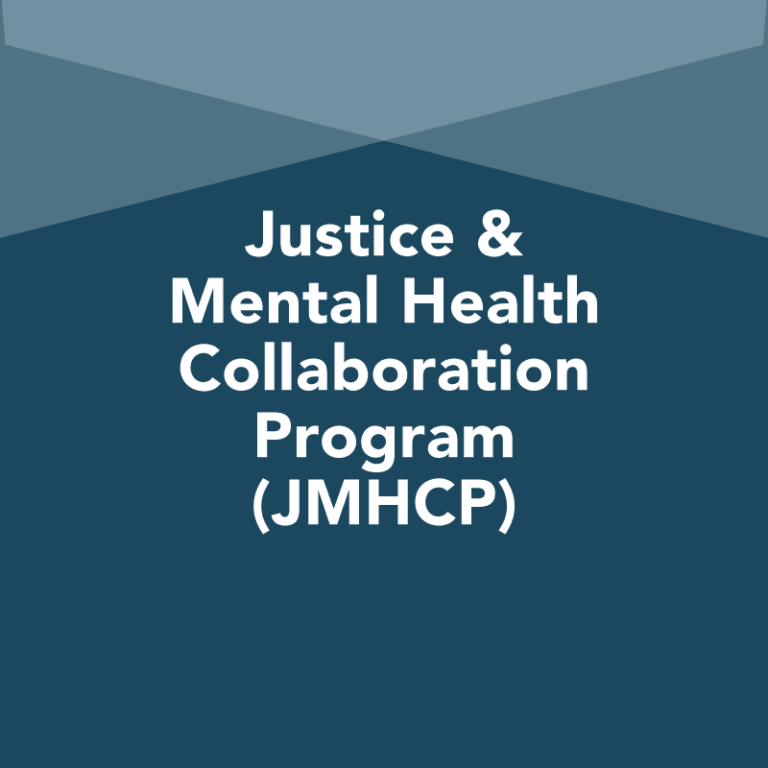This report from the Council of State Governments Justice Center’s Criminal Justice/Mental Health Consensus Project is intended to help criminal justice officials work with health professionals to better use both systems’ information, when appropriate, to reduce criminal justice involvement among people with mental illnesses and to provide better links to treatment. Supported by the U.S. Department of Justice’s Bureau of Justice Assistance, the guide explains the federal legal framework and how it relates to state laws. It describes how HIPAA and 42 CFR Part 2 (privacy regulations related to substance use treatment) may affect exchanges among behavioral health care; law enforcement; courts; jails and prisons; and probation and parole professionals. It reviews the circumstances under which protected health information can be released and received, and offers answers to scenario-based frequently asked questions. The guide was developed through advice from practitioners throughout the criminal justice and mental health systems, including program examples from members of the National Association of Counties.
Related Resources

Preparing Law Enforcement Agencies for Embedded Clinicians
Crisis Systems, Law Enforcement, Mental Health
Read more
Building Successful Partnerships with Peer-Run Organizations
Co-Occurring Substance Use, Mental Health
Read more
FY2023 Planning and Implementation Guide for JMHCP Connect and Protect
Co-Occurring Substance Use, Law Enforcement, Mental Health
Read more